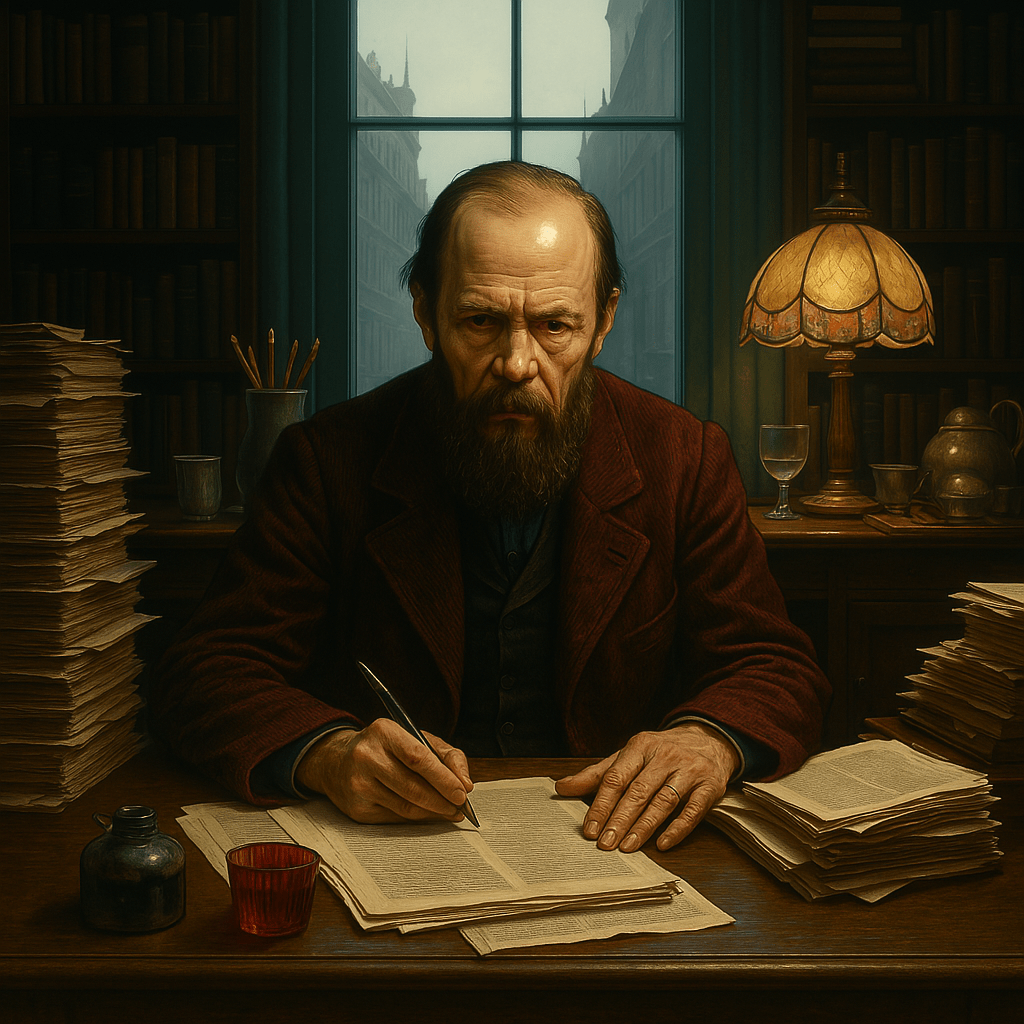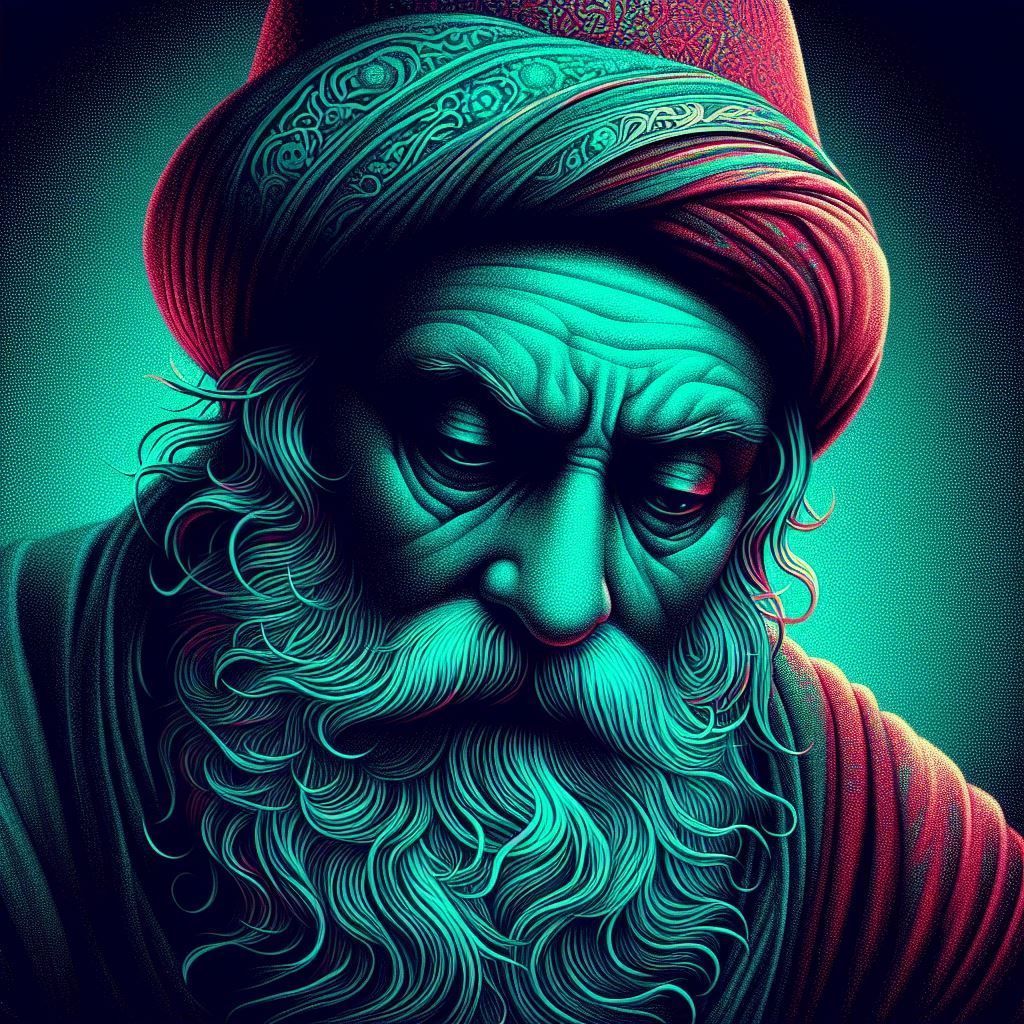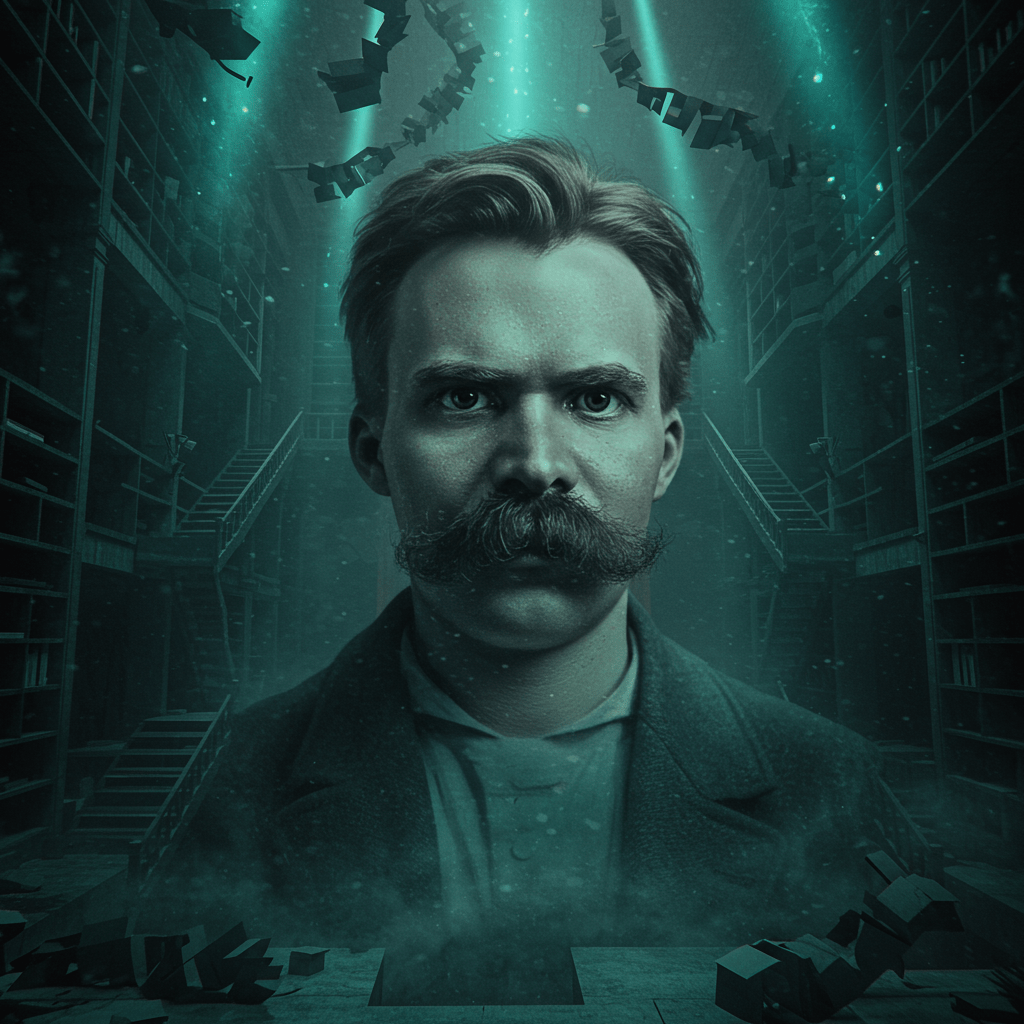
What if your true self isn’t who you think you are?
Dive into the luminous wisdom of Adi Shankara, mystic & philosopher who ignited a revolution in non-duality. His teachings echo across centuries, inviting you to question illusions, realize oneness, and find liberation within. Discover his legacy and apply his timeless tools on your own path to self-discovery.



